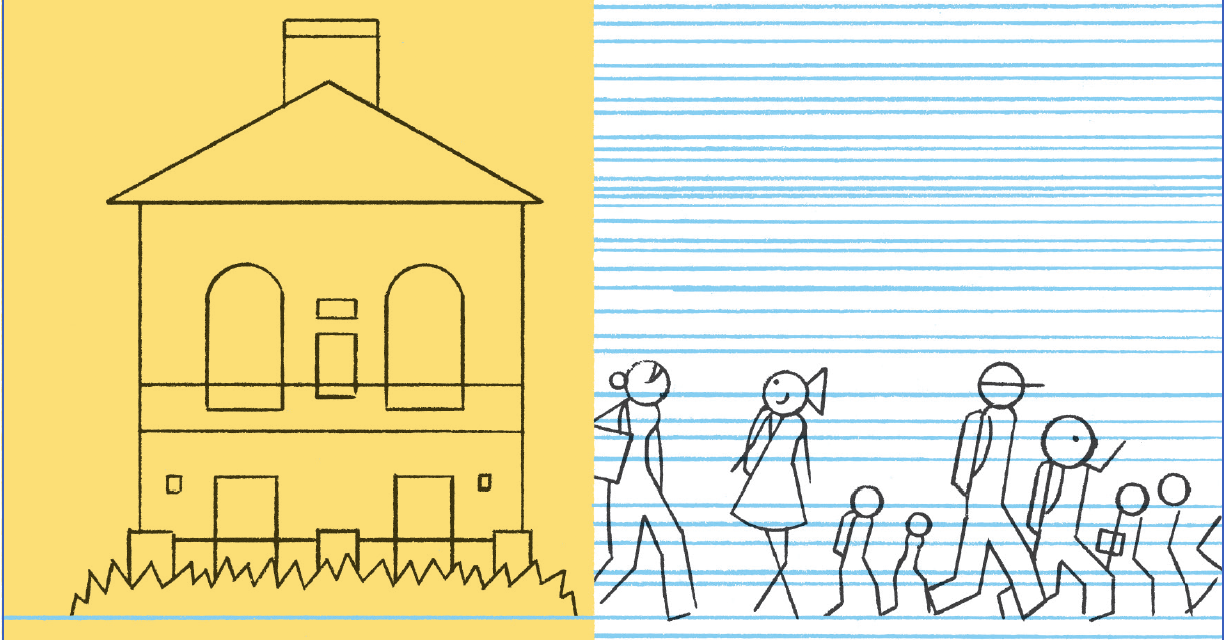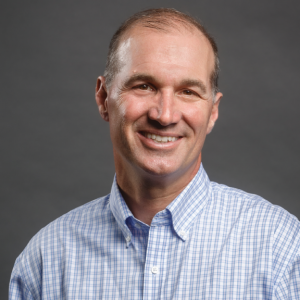
Milton 2020:A Feet-First Leap Into the Unknown

 By Todd B. Bland
By Todd B. Bland
In an ordinary year, autumn days on cam- pus can make it feel like time has stopped: The comforting scent of sun-warmed bricks mingles with smoke from the Straus chimney, the afternoon spills golden light into Wigg Hall, and footsteps on dry, crunchy leaves provide a soundtrack. When you close your eyes, it could be 2020 or 1920.
It may be tempting in those moments, in a place with such an enduring history as Mil- ton’s, for some people to romanticize the past— to yearn for days we perceive to have been less challenging, to conflate fond memories with a notion of better times. But if 2020, in all its tumult and heartbreak, has taught us anything, it’s that we must resist the lure of nostalgia when it comes at the expense of necessary progress.
Ata school like Milton, progress needs to run through our veins—and in many ways, it al- ready does: Our teachers seek innovative ways to deliver instruction, and our students explore interests in and out of the classroom that will prepare them for the modern world. We make plans for our campus and teacher training to accommodate the future of learning.
You will see, in the pages of this magazine, that our alumni carry on in this spirit of prog- ress, daring to stretch themselves, to find bold new approaches to insurmountable challenges.
You will hear from members of our Class of 2020, who, facing an unprecedented global pandemic, mustered strength beyond their years and leapt feet-first into the unknown.
Milton must now follow their example.
While our newest graduates were preparing to take their leap, many Black students and alumni and those representing other marginalized communities were taking Milton to task for failing to make the progress that our values of diversity, equity, inclusion, and justice demand.They’ve shared stories of unjust treatment by peers and adults, outright bigot ry, and the painful accumulation of microaggressions—racist comments, jokes, and hostile slights—that made them feel they didn’t belong, as if Milton was not fully theirs.
These are uncomfortable but necessary realities for Milton to con front: The School many of us know and love has alienated and harmed our classmates and colleagues. Experiences that some may treasure as fond memories, others recall as challenges they were forced to over come. We know that the diversity in our community—of races, ethnicities, gender identities, religious affiliations, and more—is an essential component of the excellent education we offer students. But how can we ask students to “Dare to be true” when we haven’t created an environment where they are all free to ex press their true identities safely and without judgment?
White supremacy, colonialism, and institutional racism are baked into American society and its educational systems. Milton is not alone among schools in receiving criticism, but we understand that provides no comfort to those who have been hurt during their time here or those who wish to see us advance. We also understand that racism and bias are not simple problems that can be solved with updated policies and plans; rather, they are behaviors and mindsets that must be continually addressed in all aspects of campus life in order to keep their effects at bay.
Beginning this summer, a dedicated, diverse group of faculty, staff, administrators, alumni, and trust ees convened to tackle a list of action items, which include updates to curriculum, mandatory training and evaluations for employees, new procedures for reporting incidents of racism and microaggressions, and increased efforts to hire and retain faculty and staff of color. A foundation of this work is transparency: We will measure our progress in these areas and update the Milton community on our ongoing work.
Milton has a great multigenerational tradition of excellent writing and speaking, but in this context, words alone fall well short of what we need to achieve. Some will read this column with a great deal of skepticism, having heard similar commitments in the past without seeing genuine, sustained change. From them, I ask humbly for grace. We must acknowledge the difficulty of structural change: Our progress has faltered, and we will stumble going forward, but we promise to forge ahead, learning and growing from our mistakes.
We must act. We must embrace one another with love and respect for our differences as well as our shared identity as members of the Milton community. We are called to follow the examples our students and alumni set—to adopt a culture of progress, to name and confront the challenges we face, and to relentlessly pursue a better future for all Milton students.




